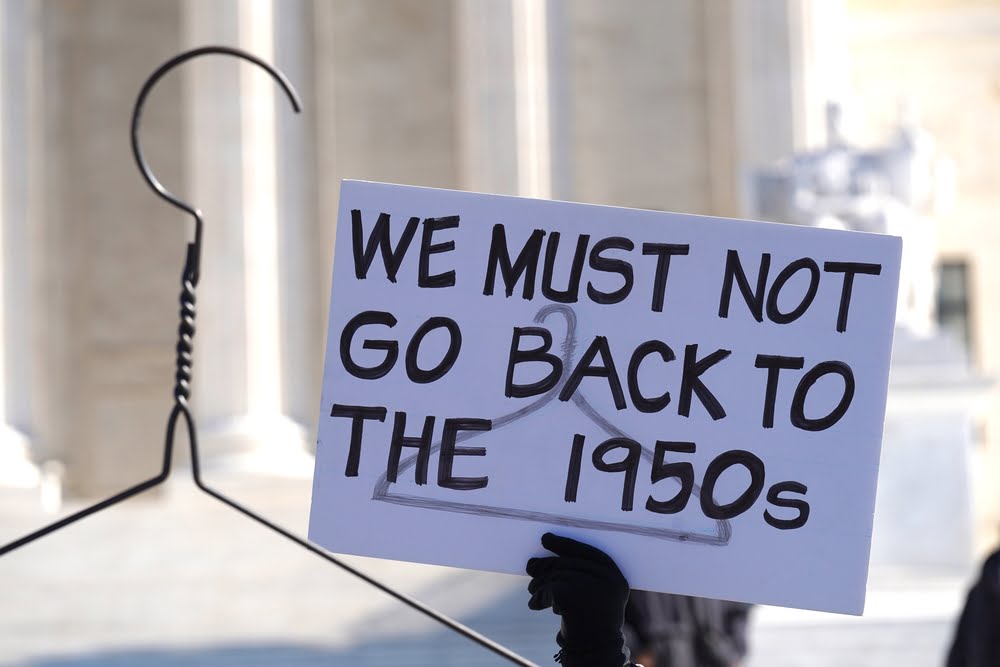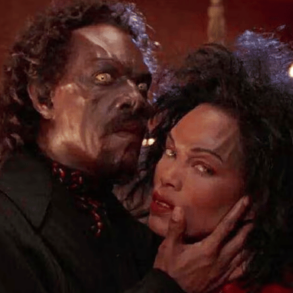
It’s easy to ignore odd year elections and who’s on the ballot. But civic duty leads us to the polls on that second Tuesday each November to cast our ballots. Perhaps there’s a city council person we’re supporting, or an interest in the local school board race that brings us out. We get in the booth and realize we did not do any research on the judicial candidates. Many of us instinctively vote for the woman listed instead of another white man.
I can admit that I’m guilty of not always doing my due diligence. Not knowing if that woman I just cast a ballot for truly reflects the values I hold, or supports the same policies I do.
Wanting to be represented in the judicial system or in government is a normal, admirable aspiration. But we also know that white women are not a monolith. We don’t have to look very far back in history to find examples of women not supporting other women; women working to undermine progress towards female autonomy in society. Look back to the women’s suffrage movement prior to the 19th Amendment granting white women the freedom to vote – not all white women were invested in ALL women having access to the ballot. Phyllis Schlafly undermined ratification of the ERA. Justice Amy Coney Barrett voted with fellow conservative justices to strike down Roe v. Wade in the Dobbs decision.
Is Judge Carolyn Carluccio, Republican candidate for the PA Supreme Court, one of these women?
Sometimes representation comes in a different package. It doesn’t look like me in the mirror. It may be a different color or different gender. Having done my due diligence this year, I know this to be the case for PA Supreme Court candidates. Carluccio has scrubbed her campaign site of references to abortion since the primary — she opposes abortion access in case you are wondering: she was endorsed by the misnomer, PA Pro-Life Federation and her family foundation supports anti-abortion clinics. Another strike, her campaign is largely supported by a single billionaire (sound familiar?).
Since the legality of abortion was remanded to the states, we in Pennsylvania have been fortunate to continue to be able to make the health care choices we know are right for ourselves and our families. A change in the political makeup of the Supreme Court (maybe not this year, but possibly in 2025 when three Democratically held seats are up for retention) could put that continued autonomy at risk.
READ: New Report Emphasizes Importance of Upcoming Judicial Elections in Pennsylvania
This year my representation comes in the form of Judge Daniel McCaffery, who’s not just another white man. McCaffery is supported by Planned Parenthood and publicly supports women’s rights to make their own health and family decisions.
It’s 2023 and abortion is on the ballot. Women’s physical, economic, and emotional autonomy is on the ballot. Blindly voting for a woman is not a risk I’m willing to take.
This post was originally published on this site be sure to check out more of their content.








